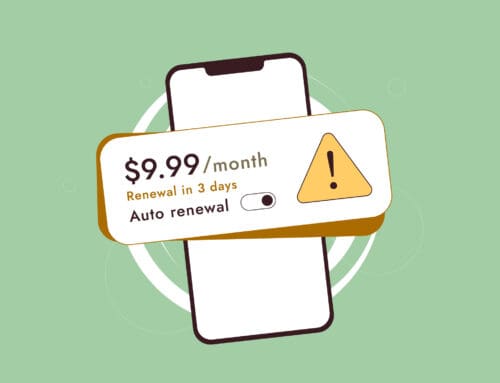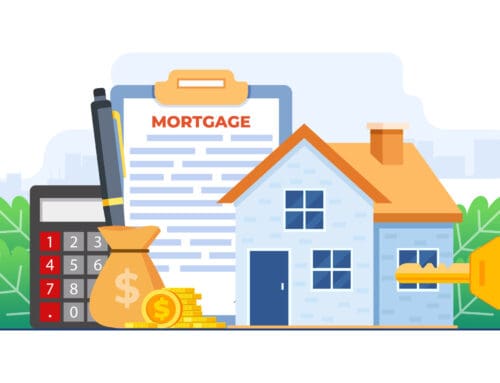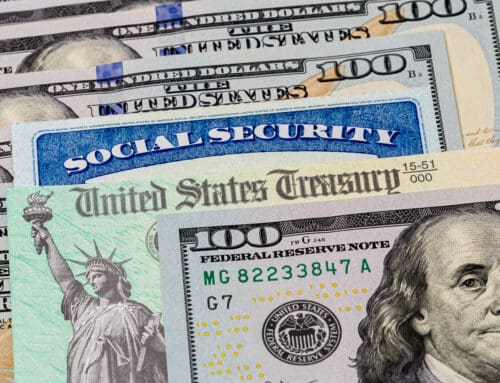In the good old days, your emergency money could earn at least 3 or 4 percent in a savings account or a short term certificate of deposit. This was often enough to help keep up with inflation. Now that the Fed has used its zero interest rate strategy to help heal the banks for five years, you might not even remember those times.
Since retired folks usually become even more conservative in their financial preferences with advancing age, there is a tendency to have tens of thousands of dollars in accounts yielding little or nothing in interest. . . just because. I have heard of people that used to put their money into banks that paid the lowest rate of interest available because that bank obviously would be making more profit and therefore, be more likely to survive through hard times.
For money that is truly for emergencies, I tell clients that the rate of earnings does not matter—its essential characteristic is just its being readily available when needed without any major penalty. Having said that, I did counsel my dear departed grandmother not to keep her Ben Franklins rolled up in the curtain hems, even though they were certainly readily available to her. I wonder how many still practice that sort of thing.
The key is to think about what emergencies can happen in your particular situation. If you are a young to middle aged worker with children at home or in college and lots of monthly expenses, the standard recommendation has always been 3 to 6 times your monthly expenses. You might have plenty of auto, fire, and home insurance, but your income is definitely at risk from unemployment or disability. Most Americans are woefully short of savings for those possibilities during those years.
On the other hand, if you are over 65 and have Medicare A and B, a Medicare Supplement, long term care protection, and all of the usual property and casualty insurances, your savings might be more pointed toward your next automobile purchase. You really don’t have many emergencies that could affect you financially.
Recently I learned of a 96 year old gentleman who has (in his mind) too much money in low yielding safe accounts. Since it is not making any earnings to speak of and he does not have those uncovered emergency risks, he decided that it could be rather poor stewardship not to try to make the money work harder for him, his family and his charities.
Figure out what amount of emergency savings is right for you, keep it or work toward saving it up, and then sleep well. Make your non-emergency investments work hard enough to take care of your long term needs and wants.
Advice is general in nature and you should consult a professional for your specific situation. All investing involves risk. Past performance is no guarantee for future results.





